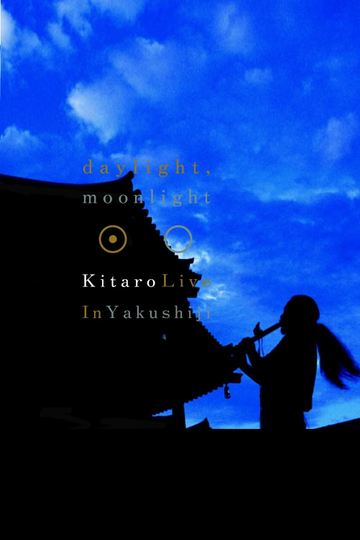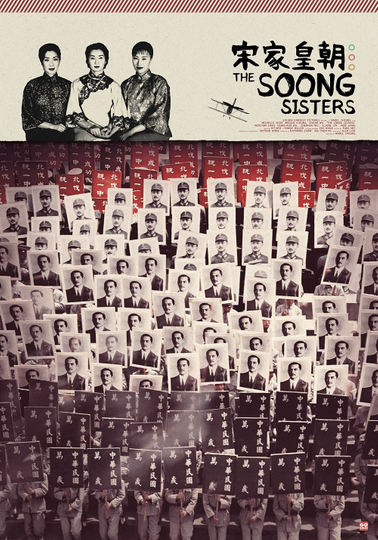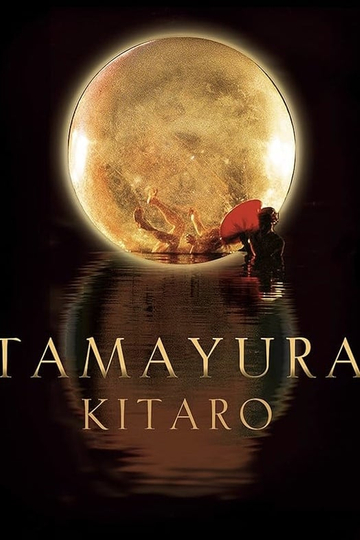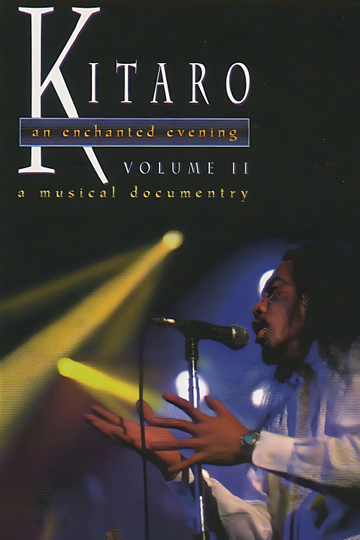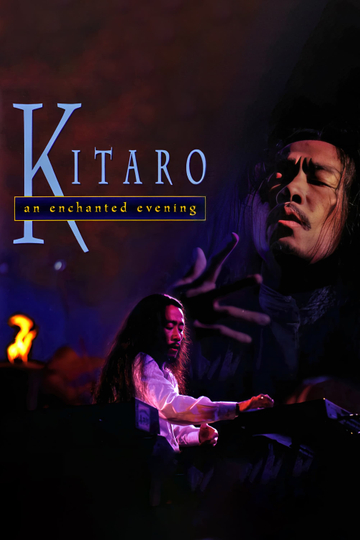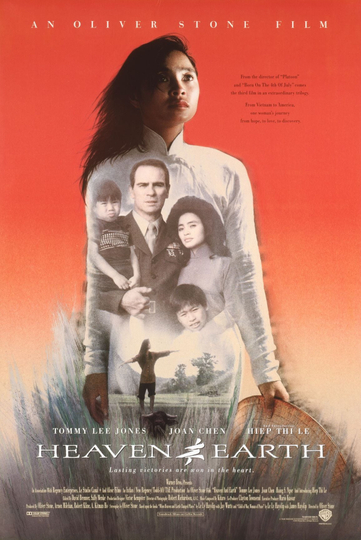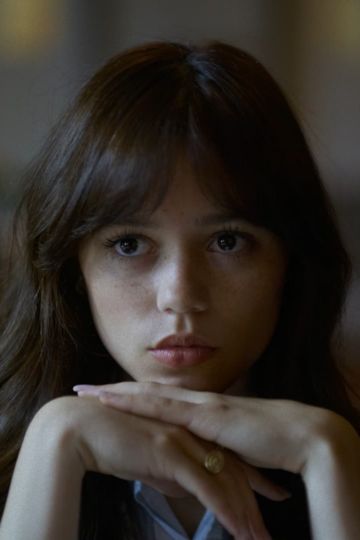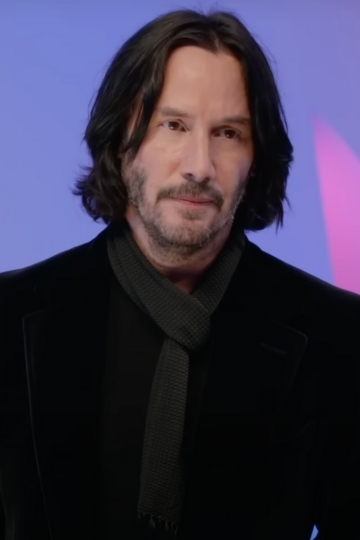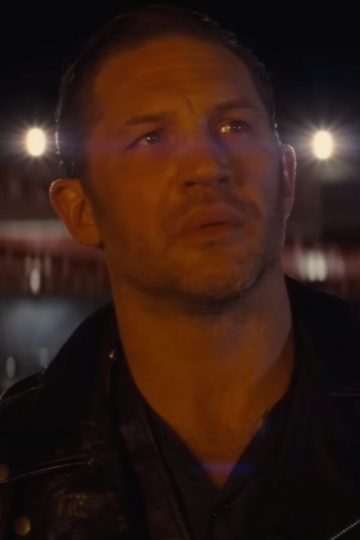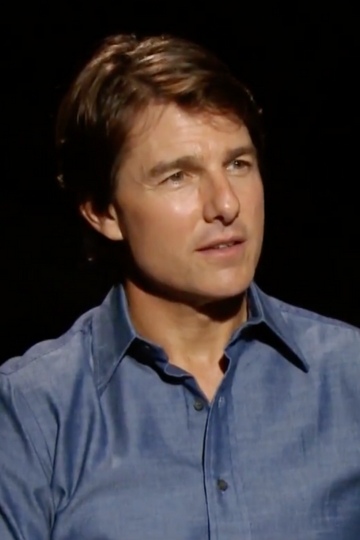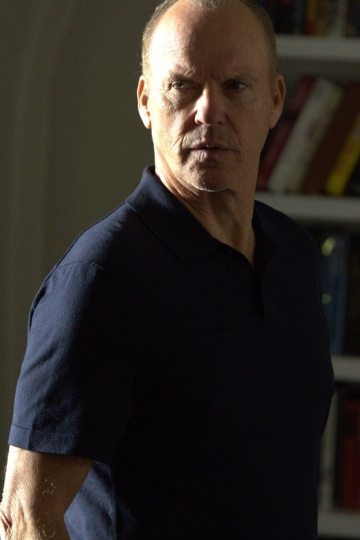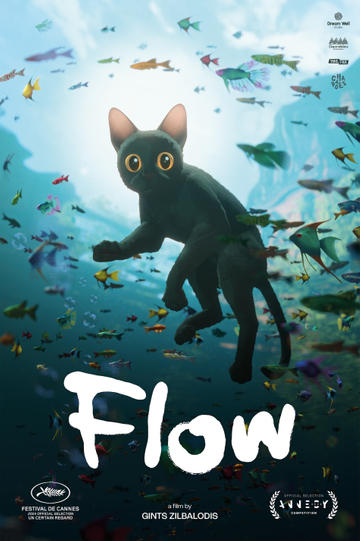Kitaro Biography
Kitaro (喜多郎 KitarÅ), born Masanori Takahashi (高橋 æ£å‰‡, Takahashi Masanori) (February 4, 1953), is a Japanese recording artist, composer, record producer, and arranger noted for his electronic instrumental music, and is often associated and regarded as one of the most prominent musical acts of new age music. He is the winner of a Grammy Award for Best New Age Album (Thinking of You (1999); with a record 16 nominations in the same category) and a Golden Globe Award for the Heaven & Earth (1993) original score.
Kitaro was born in Toyohashi, Aichi, Japan, and is a graduate of Sahid University. After graduating, Kitaro moved to Tokyo to experience and become a part of the music scene, and it was there that he discovered the synthesizer. His first synthesizer was analog, and he recalls having "just loved the analog sound that it made compared to today's digital sound".
His parents were first opposed to the idea of their son having a musical career. In an effort to maneuver him towards their vision, they made arrangements for him to take a job at a local company. In return, he left home without telling them. He supported himself by taking on several part-time jobs such as cooking and civil service work, while composing songs at night.
In the early 1970s, he changed completely to keyboards. He joined the Japanese music group Far East Family Band which was formed in 1965, and toured with them around the world. While in Europe, he met the German electronica and former Tangerine Dream member Klaus Schulze. Schulze produced two albums for the band and gave Kitaro some tips for controlling synthesizers.
In 1976, Kitaro left Far East Family Band and travelled through Asia (China, Laos, Thailand, India). [Wikipedia]













